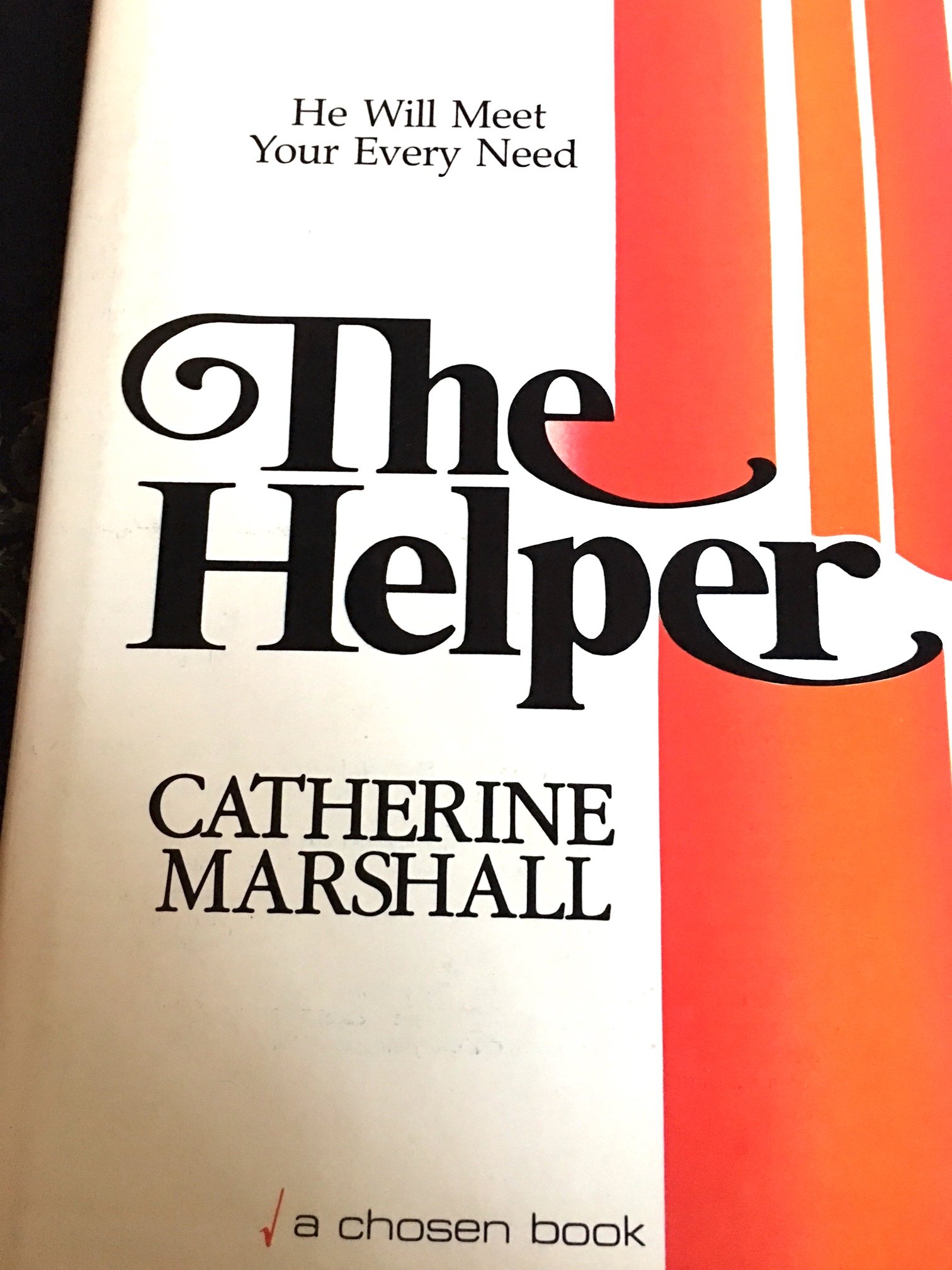One Race
Stafford We are One Race
Guest Writer Mary Ann Stafford
There is only one race on this earth – the human race.
We’re all human beings created by the same true God.
We may have different kinds of hair, eye color, skin color,
Speech, customs, religions, but we are more alike than different.
Our bodies work the same way – digestion, senses, pain.
We feel in the same ways – love, fear, anger, humiliation.
Differences are because of location, climate, culture, condition,
And these are what happens to us after birth.
At our birth, we are the same tiny creatures.
Our parents look upon us with either love or disgust,
We could be born into wealth and grandeur and
Never have a financial worry in the world, or
We could be born into severe poverty with no stable home
In a war-ravaged world, and never able to feel secure.
These differences are of the world, of the devil, of circumstances
Over which we have little or no control.
So why do we look down on others who are not as fortunate as us?
We disrespect them, consider them inferior or unwelcome?
We turn against them, fight them, despise them, and enter groups
To work against them, hurt them, commit genocide.
They are our brothers and sisters, and we should treat them as such.
We are all part of the human race, God’s creation
No matter shape, ability, circumstances, or appearance.
But then, our hubris gets in the way.
Mary Ann Stafford pastelanne@sbcglobal.net
Joanna Seibert joannaseibert.com https://www.joannaseibert.com/





